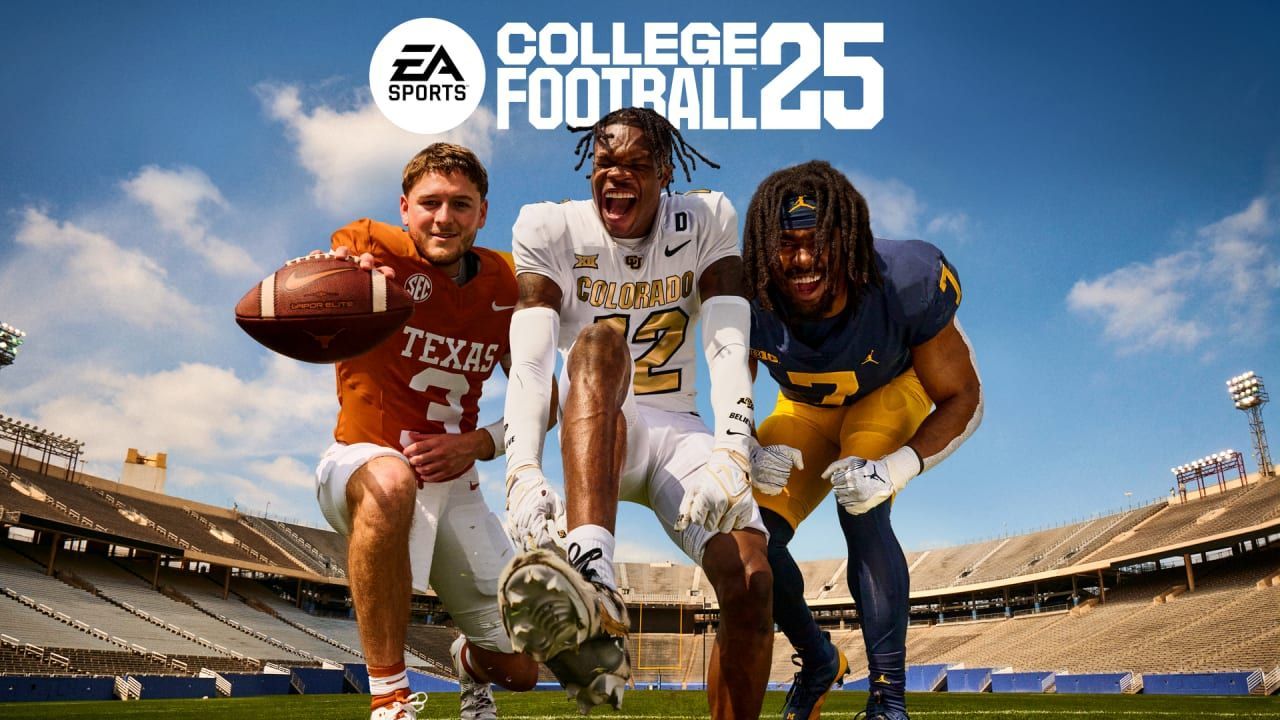First Roundtable: Microsoft acquires Activision Blizzard
March 14, 2022
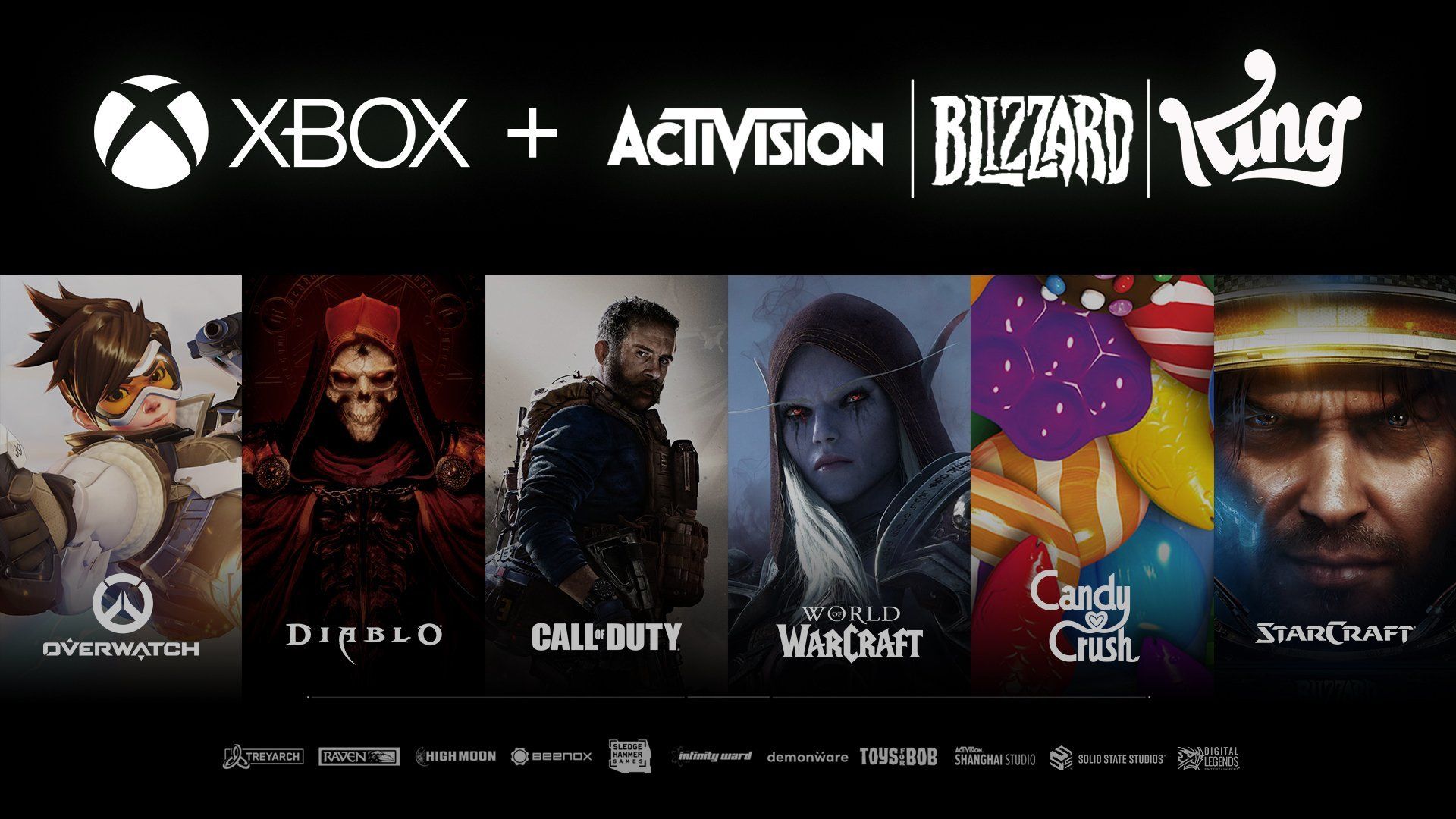
One of the biggest gaming news stories in 2022 has been the behemoth acquisition of Activision Blizzard by Microsoft in January. The $68.7 billion deal further consolidated an already heavily consolidated industry. Does this mean Microsoft will be some overlord to this huge industry? How will the acquisition impact the culture at Activision Blizzard, if at all? Does this mean anything for consumers in the long run? Michael Kondracki, Robert Torres and Kyle Morrand of 302 Interactive took their shot at answering these questions and more in our first roundtable discussion.
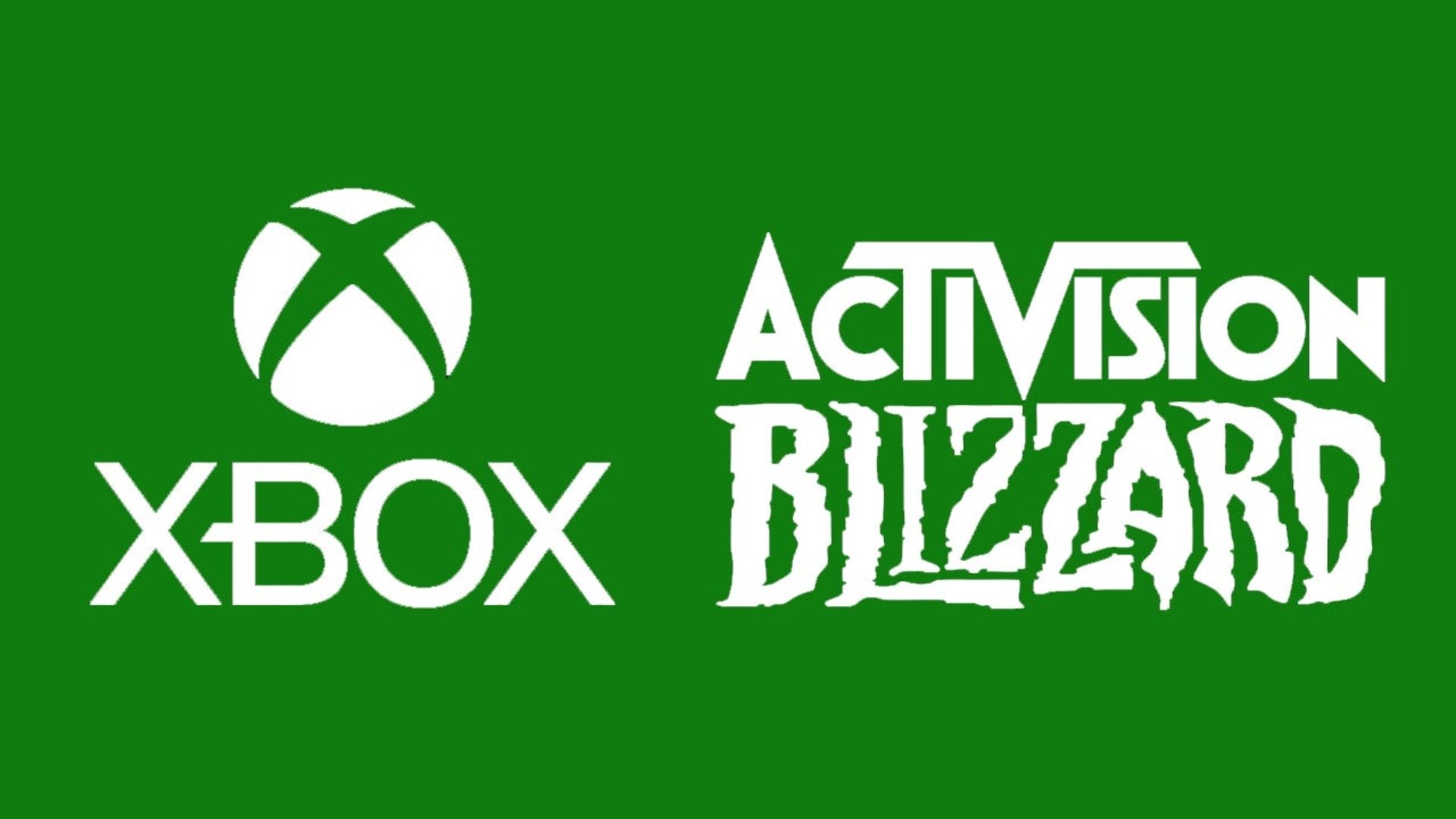
Michael Kondracki:
What are your thoughts on Microsoft acquiring Activision Blizzard? How will that change the industry? Is Microsoft going to become this gigantic overlord of gaming?
Robert Torres:
I think about it from two perspectives, right? One is if you look at the history of big acquisitions or big mergers in the US, for a consumer it does not usually lead to better products. Consolidation usually for consumers means they now have a limited source for whatever it is that they're buying, right? Back in the day, when Standard Oil started buying up all the oil companies in the US, it wasn't good, right. So that's where we got our antitrust laws. And there's a reason why they exist because in free market economics and capitalism philosophies, when you have too much control over the market, you're limiting products people can buy. So, I've been thinking about what is the good that can come from this for the industry and for players. For players, if history is a teacher, then it's probably not going to be super good in the long run and the long tail. But for Microsoft and Activision Blizzard, it's a win because now they have all these crazy amounts of resources and talent and IP that they can either revitalize or bring back. If you're a big fan of some of their old games that haven't been out in a while, Microsoft is trying to look at all of their portfolio and say, “What can we bring back? What's going to be popular with the fans?”
Kyle Morrand: I think from a culture perspective, I have a lot of respect for Microsoft. They have always been good about culture, in general. They understand their position in the tech space as being one of the powerhouses and they've always been diligent of being productive and concerned with cultural changes. In contrast, Activision Blizzard is a very fast-moving company that have had a variety of cultural issues in different layers of their companies. Microsoft will be able to quickly but diligently go through a lot of that and help them set better standards and improve the culture there. Michael Kondracki : There is a ton of controversy with how they treat women there and the company culture. You just hope that good can come from this and that Microsoft can get in there and figure out where the problems lie, which I think they already pretty much know where they are. Now they must put in place solutions, maybe it’s possibly education and just trying to make better work environments for employees? I’m excited for that. Switching to the gaming, though, the acquisition opens a ton of IP for Game Pass, too.
Kyle Morrand: Yeah, there is a company here in Orlando, Limbitless Solutions, that works closely with Microsoft. Microsoft is really good about accessibility to the point where this new “Halo” game, you can choose to have your appendages amputated or not for your character. That comes from the accessibility team within Microsoft's core itself. It's not that the Halo team was really inspired to do that. It's their core Microsoft team saying, “Hey, accessibility is important in everything that we do. And when we have key IP like Halo, we need to represent that in a strong way.” Michael Kondracki : I think even in Halo Reach, they had options for customization like that, you'd have to unlock them of course. But you could get prosthetics or a robot arm for your Spartan, your online character. One of the characters in the campaign, Kat, was a badass Spartan and she had prosthetics and everything. Kyle Morrand: They're just leaning more and more into that over the next few years. From that perspective, it'll be a healthy long tail. I think my hope in doing that, for other game studios, is that they're open and transparent about the process. In the games industry, we're still a very young industry, and there's not a lot of standards of what it means to be a great game studio. I've done research about it. It's just people's opinions on other things and nobody's really set standards for here's how you have a happy, healthy game studio. So, whatever it is that Microsoft ends up doing with Activision Blizzard to help clean the culture and provide a better work environment, they need to be transparent so other studios can follow suit. Michael Kondracki : I was looking at all the games and licenses and all the characters that Activision Blizzard owns and thinking to myself, wow now Microsoft owns Spyro and Crash Bandicoot. It makes me wonder who else is Microsoft going to buy?
Kyle Morrand: I think from a culture perspective, I have a lot of respect for Microsoft. They have always been good about culture, in general. They understand their position in the tech space as being one of the powerhouses and they've always been diligent of being productive and concerned with cultural changes. In contrast, Activision Blizzard is a very fast-moving company that have had a variety of cultural issues in different layers of their companies. Microsoft will be able to quickly but diligently go through a lot of that and help them set better standards and improve the culture there. Michael Kondracki : There is a ton of controversy with how they treat women there and the company culture. You just hope that good can come from this and that Microsoft can get in there and figure out where the problems lie, which I think they already pretty much know where they are. Now they must put in place solutions, maybe it’s possibly education and just trying to make better work environments for employees? I’m excited for that. Switching to the gaming, though, the acquisition opens a ton of IP for Game Pass, too.
Kyle Morrand: Yeah, there is a company here in Orlando, Limbitless Solutions, that works closely with Microsoft. Microsoft is really good about accessibility to the point where this new “Halo” game, you can choose to have your appendages amputated or not for your character. That comes from the accessibility team within Microsoft's core itself. It's not that the Halo team was really inspired to do that. It's their core Microsoft team saying, “Hey, accessibility is important in everything that we do. And when we have key IP like Halo, we need to represent that in a strong way.” Michael Kondracki : I think even in Halo Reach, they had options for customization like that, you'd have to unlock them of course. But you could get prosthetics or a robot arm for your Spartan, your online character. One of the characters in the campaign, Kat, was a badass Spartan and she had prosthetics and everything. Kyle Morrand: They're just leaning more and more into that over the next few years. From that perspective, it'll be a healthy long tail. I think my hope in doing that, for other game studios, is that they're open and transparent about the process. In the games industry, we're still a very young industry, and there's not a lot of standards of what it means to be a great game studio. I've done research about it. It's just people's opinions on other things and nobody's really set standards for here's how you have a happy, healthy game studio. So, whatever it is that Microsoft ends up doing with Activision Blizzard to help clean the culture and provide a better work environment, they need to be transparent so other studios can follow suit. Michael Kondracki : I was looking at all the games and licenses and all the characters that Activision Blizzard owns and thinking to myself, wow now Microsoft owns Spyro and Crash Bandicoot. It makes me wonder who else is Microsoft going to buy?
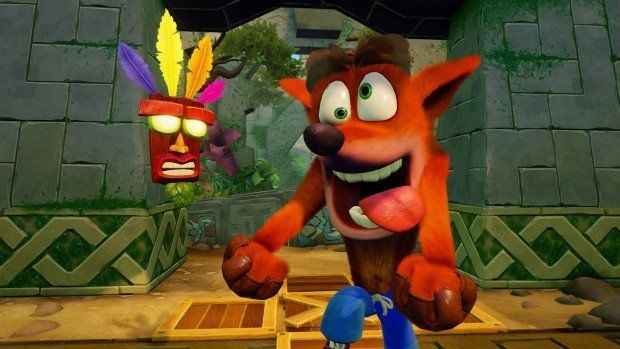
Kyle Morrand: I’m a big fan of open systems. I really like Google. I like Linux. I like anything that's open that other people can participate in and build in and engage with and I’m hoping Xbox and PlayStation continue to learn to play nicer together. I just don’t see where you can cut an audience like Call of Duty’s, for example, in half and say now you must buy an Xbox to play this game. There's no way that they would do that from a business perspective. So, it only further deepens Microsoft's incentive to make better bridges with Sony and say, “hey, we have gamers in the industry, and, yes, you have your hardware and your software and your exclusives, etc., right? But if we can work together effectively, we can manage and share those communities. Michael Kondracki : I do think it's funny that Bethesda, when they were first bought by Microsoft, they said not all of their games would be exclusive to Microsoft and now all of their games pretty much are exclusive to PC and Xbox. I do think games should be for everybody. They shouldn't be exclusive. I'm all for multi-platform. At the same time. I understand from a business perspective, why you want exclusives because you want to sell your machine. With Activision Blizzard it will be interesting to see if they do go exclusive with PC and Xbox from now on or if they remain multi-platform with PlayStation. So, I think it's a weird and exciting time for those three companies. And I'm really looking forward to seeing what comes out of this. But ultimately, I hope that the company cultures get way better for them. As game developers ourselves, seeing all of this happen in our industry can be hard to swallow at times. Michael Kondracki : Is there anything that you guys have learned from this scandal that you're actively thinking about or implementing into 302’s company culture? Are you learning from the mistakes of Activision Blizzard? Robert Torres: Yeah, I think mostly to be aware of what is generally called bro culture. The industry is predominantly heterosexual males. I think you have to be hyper aware of your biases. We want to make sure that we're putting the right people on the job.

Kyle Morrand
CEO and Owner
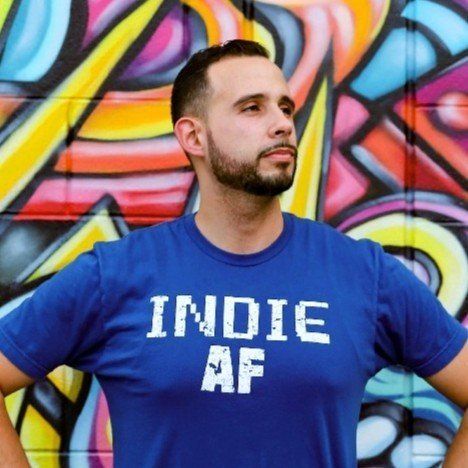
Robert Torres
Chief Relationship Officer and Co-owner





